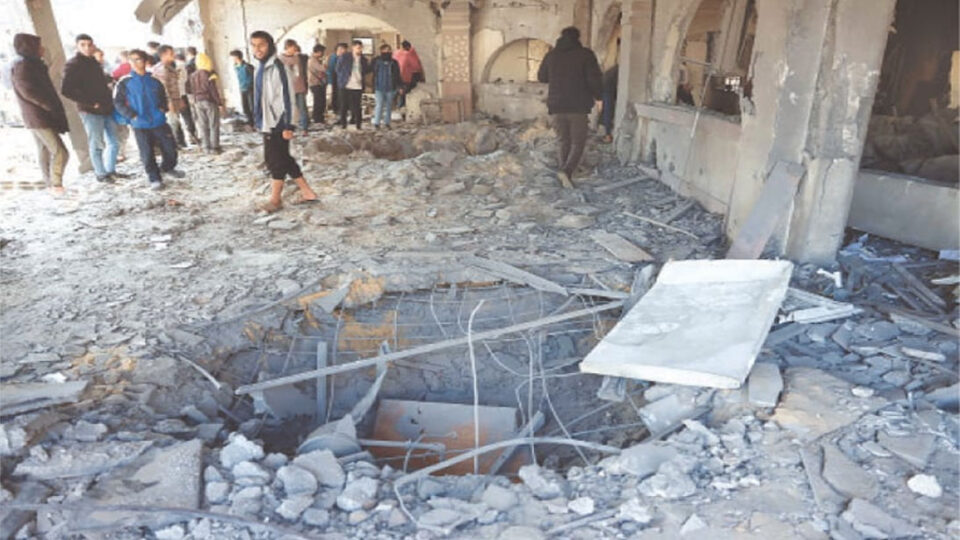Ceasefire Talks Face Major Obstacles Amid Escalating Tensions in Gaza
Efforts to broker a new ceasefire in Gaza are facing serious challenges as political divisions deepen and humanitarian conditions worsen.
Internal Political Pressures in Israel
Two prominent Israeli cabinet members—Finance Minister Bezalel Smotrich and National Security Minister Itamar Ben-Gvir—have openly opposed the latest ceasefire proposal. According to reports, they are calling for continued military operations and the complete dismantling of Hamas, rather than a negotiated pause in hostilities.
To retain support from these far-right ministers, Prime Minister Benjamin Netanyahu is reportedly advocating for the Israeli military to maintain a stronger presence in Gaza than during the last ceasefire in January.
Plans have emerged to establish a designated zone for approximately 600,000 displaced people in the region. This move has drawn widespread criticism from both local and international observers, who have expressed concern over the humanitarian and legal implications.
Hamas’ Stance on Ceasefire Terms
Hamas, the governing authority in Gaza, has firmly rejected any proposal that leaves large portions of territory under Israeli control. The group is calling for:
-
A full withdrawal of Israeli forces to the positions held prior to the January ceasefire.
-
Stronger guarantees that any temporary pause in fighting will eventually lead to a permanent end to hostilities.
These conditions remain key sticking points in ongoing negotiations.
Humanitarian Concerns and Strategy Criticism
Military experts and international organizations have raised alarms about the ongoing humanitarian crisis in Gaza. Colin Clarke, a senior research fellow at The Soufan Center, told Al Jazeera that the current military strategy appears to lack clear long-term objectives.
“Any tactical gains by the Israeli military are being offset by daily civilian casualties,” Clarke said. “Effective conflict resolution must include efforts to win hearts and minds, which we’re not seeing.”
Evacuation Orders Complicate Civilian Safety
Reporting from Deir el-Balah, Al Jazeera’s Hind Khoudary highlighted the dire situation on the ground. Residents in areas such as Shujayea and Jabalia were told to evacuate, only to find that even the designated safe zones—particularly the western part of Gaza City—are also under threat of airstrikes.
“People are fleeing one danger zone only to end up in another,” she said, describing overcrowded conditions and severe food shortages.
“In places like the al-Shati refugee camp, where many displaced families are sheltering, strikes have caused multiple casualties, deepening the humanitarian crisis.”
Ongoing Conflict Raises Urgency for Resolution
As both sides hold firm to their demands and the humanitarian situation continues to deteriorate, the path to a lasting ceasefire remains uncertain. Observers stress the urgent need for a sustainable and inclusive peace framework that prioritizes civilian protection and addresses the root causes of the conflict.

